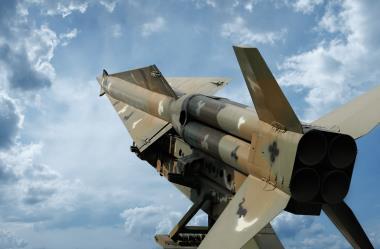Organisations should have plans in place to address a potentially expanded crisis situation
The conflict in Ukraine remains dynamic. Military engagements continue around key cities in the east of the country and military sites across the country come under periodic missile attacks. Periodic diplomatic talks between Russia and Ukraine will continue over the coming weeks. This is according to the latest intelligence from International SOS.
The conflict has impacted the provision of essential goods and services in areas experiencing heavy fighting. The country’s western provinces have been less affected so far by the conflict but the movement of displaced people has increased pressure on local infrastructure.
According to Sally Llewellyn, regional security director, EMEA at International SOS, the conflict in Ukraine has not resulted in any significant change in the security environment in neighbouring countries.
”Ukraine is unlikely to retaliate within Russia, particularly beyond immediate border areas, given the potential for an escalation in the conflict. Similarly, the conflict is unlikely to impact the security environment in other neighbouring countries unless there is a significant escalation between Russia and NATO.”
“However, the large scale movement of refugees will strain the capabilities of local communities and infrastructure,” she adds.
Keeping staff safe and well
Organisations should have a comprehensive understanding of the risk environments in which they operate so they can adequately address the risks to their employees.
This includes access to reliable and impartial information to understand if and when changes to the risk environment occur as well as to inform contingency planning.
“Organisations should have plans in place to address a potentially expanded crisis situation, including actions to be taken and a clearly defined structure for communication, roles and responsibilities and decision-making authority,” says Llewellyn.
“These plans should be routinely tested to ensure their feasibility and that all stakeholders are clear in their responsibilities.”
“Management should ensure that in country staff are empowered to make decisions regarding the safety of their employees to minimise the potential for a delayed response to a major incident.”
“Protecting the mental health of employees impacted by the conflict should also be taken in consideration. At International SOS we have been supporting organisations to set up dedicated crisis hotlines for employees to speak to counsellors, particularly as in-person support is unlikely to be possible in conflict areas.”




















No comments yet